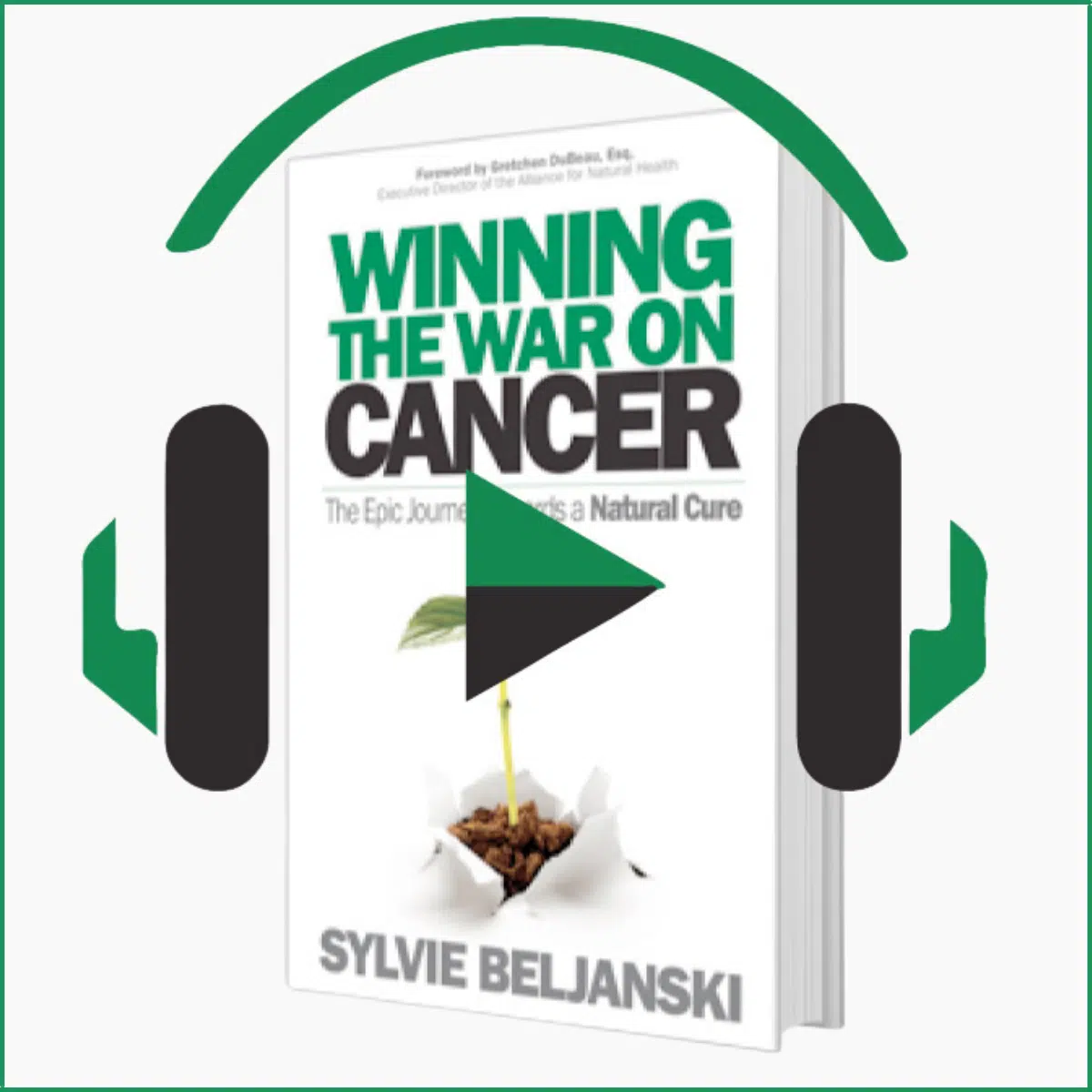Green Tea
History
The origin of green tea began about 3 000 B.C. in China. At the time, green tea was very expensive to purchase and only accessible to the rich Chinese society. It was not until the 14th century that green tea became available to the general public. Nowadays, green tea is largely appreciated for enjoyment and health benefits. Green tea’s health-promoting effects are attributed to green tea polyphenols (GTPs), such as catechins (GTCs), epicatechin-3-gallate (ECG) and epigallocatechin-3-gallate (EGCG).
Researchers say the chemical composition of green tea helps reduce inflammation, fight cancer and exhibits anti-viral properties.
The many benefits of green teas
ANTI-INFLAMMATORY
Beyond its many beneficial effects against a variety of diseases such as cancer, obesity, diabetes, cardiovascular disease and neurodegenerative diseases, research indicates that green tea and its major component EGCG have demonstrated to have anti-inflammatory effects. EGCG, which is abundant in green tea, works by suppressing the gene and/or protein expression of inflammatory cytokines and inflammation-related enzymes.
Learn more
ANTI-VIRAL
Green tea catechins (GTCs) are polyphenolic compounds from the leaves of Camellia sinensis and have been reported to provide various health benefits. Studies have shown that GTCs, especially epigallocatechin-3-gallate (EGCG), have anti-viral effects against diverse viruses, especially positive-sense single-stranded RNA viruses.
Learn more
ANTI-CANCER
Green tea and green tea polyphenols (GTPs) are reported to inhibit carcinogenesis and malignant behavior in several diseases.
Learn more
NEW BREAKTHROUGH RESEARCH PROGRAM
Based on the exciting results already obtained on breast cancer with green tea we need to see if those results could be extended to Breast cancer stem cells.
With this new program and for the first time ever, Pao Pereira, Rauwolfia vomitoria and green tea extracts will be studied together for their ability to inhibit breast cancer stem cells.

A Fresh Look at Green Tea
Dr. Mirko Beljanski (1923–1998) shared the same passion that drives the fearless explorer, the patient archeologist and the innovative inventor: the passion for discovery.
At the Pasteur Institute, where he specialized in the field of cellular biology and cancerogenesis, he pursued his lifelong dream of bringing Nature and Science together to improve the health and well-being of people.
At the end of a prolific partnership in China, Dr. Beljanski was presented with a large box filled with many of China’s finest teas known for their interesting health properties. Dr. Beljanski subjected each sample to a special test called the Oncotest to reveal their ability to naturally support the body’s immune system. He recorded the positive results and filed them. Years later, after Dr. Beljanski’s passing, we discovered his list. We searched for the organic source of each of those teas and tested this proprietary blend (OnkoTea®) for it’s anti-cancer benefits.
Publications

Not all Green Teas are Created Equally To Fight Cancer Cells
Since 1999, The Beljanski Foundation has vigorously worked on finding a natural cure for cancer. At the Kansas University Medical Center the anti-cancer activity of OnkoTea® (sample provided by Maison Beljanski) was compared with the activity of several popular brands of tea including Bigelow®, Kusmi® and Lipton® (commercial samples were purchased by the Beljanski Foundation). The first tests analyzed the activity of OnkoTea® against breast cancer cells including one highly metastatic cell line. OnkoTea was the best at reducing the number of breast cancer cells.
OnkoTea® also proved to be effective against liver and bladder cancer cells and showed impressive activity against four melanoma skin cancer cell lines. The data shows the viability of the cancer cell lines after exposure to extracts of each of the teas, with OnkoTea® “showing the best inhibitory effect.”
The studies were conducted in vitro and tested a range of concentrations of the teas (200, 400, 600 and 800 micrograms per milliliter) at 24, 48 and 72 hour time points as shown in the images below. Cancer cell lines tested: Breast MCF-7, Metastatic Breast MDA-MB-231; Liver HepG2, Bladder 5637, Melanoma A375, UACC-257, SK-MEL-2, SK-MEL-5.
Why Cancer Recurrences Happen?
Cancer stem cells (CSCs) are a type of stem cell specific to cancer, that is able to reproduce through self-renewal and regeneration into new tumor cells. Cancer stem cells are most dangerous as they are resistant to chemotherapy and cause relapse by creating new tumors. It is critical to find treatments for cancer stem cells to prevent this disease from resurfacing in a person again and again.
Cancer diagnosis is usually followed by treatments such as chemotherapy, radiation therapy and surgery. These treatments can be successful in completely abolishing cancer, but it is common for the treatments to kill cancer cells and to shrink tumors and lead to a remission rather than a cure. Remission is a relief from aggressive tumor growth but it is not a cure because some cancer cells—perhaps only a small number—have survived the treatment and though they may be quiescent they are still in the body and can rekindle, spread, and form new tumors.
Cancer recurrence is triggered by specialized cancer cells that are drug resistant, metastatic and tumorigenic. These specialized cells form a subpopulation of the cells in a tumor distinct from the primary cancer cells— the ones that are susceptible to anti-cancer drugs. These specialized cells, defined by these three properties, are now referred to as cancer stem cells (CSCs). This name is used because cancer stem cells resemble healthy stem cells in their capacity for endurance and self-renewal. Indeed, in generating stem cells, the tumor hijacks the characteristics of normal stem cells and thereby enables its own self renewal which accounts for cancer recurrence. Healthy stem cells normally enable repair and regeneration of tissues and organs whereas cancer stem cells enable persistence of the disease and generation of new tumors.


The Beljanski Foundation’s research programs to fight Cancer Stem Cells
While the Beljanski Foundation has seen exciting results on breast cancer with a study comparing different kind of green teas: (https://www.ecronicon.com/ecnu/pdf/ECNU-14-00734.pdf), several other studies, conducted in partnership with Kansas University Medical Center, have also shown that the Pao pereira and a specific reserpine-free Rauwolfia vomitoria extracts are active against a broad spectrum of cancers. To address the problem of Cancer Stem Cells, The Beljanski Foundation has tested the activity of the Pao pereira and the reserpine-free Rauwolfia vomitoria extracts against cancer stem cells.
It is widely accepted that a rare tumor cell population, known as cancer stem cells (CSC), is responsible for tumor progression and relapse. Ovarian cancer and pancreatic cancer are amongst the most malignant tumors with a high mortality rate owing to tumor relapse after anticancer therapies.
The Beljanski Foundation’s partnership with Kansas University Medical Center has led a several breakthrough new studies showing that the Pao pereira and a specific reserpine-free Rauwolfia vomitoria plant extracts are active against pancreatic and ovarian cancer stem cells.
A New Research project: Inhibition of breast cancer stem cells
It is widely accepted that a rare tumor cell population, known as cancer stem cells (CSC), is responsible for tumor progression and relapse. Ovarian cancer and pancreatic cancer are amongst the most malignant tumors with a high mortality rate owing to tumor relapse after anticancer therapies.
The Beljanski Foundation’s partnership with Kansas University Medical Center has led a several breakthrough new studies showing that the Pao pereira and a specific reserpine-free Rauwolfia vomitoria plant extracts are active against pancreatic and ovarian cancer stem cells.
With Pao Pereira and Rauwolfia vomitoria both representing potential therapeutic agents by targeting cancer stem cells, and the exciting results already obtained on breast cancer with green tea, “Effects of Different Tea Products on the Growth of Cancer Cells”, we are very excited to see if those results could be reproduced and extended to Breast cancer stem cells.
With this new program and for the first time ever, the three botanicals (Pao Pereira, Rauwolfia vomitoria and green tea extract) will be mixed and studied together for their ability to inhibit breast cancer stem cells. Further research will also be needed to evaluate the safety and effectiveness of this approach in clinical trials and to understand its potential limitations and side effects.

To help us fund this new research project, join us in Jacksonville (FL)! Oct 13-15 2023
This project is so important that the Beljanski Foundation is partnering with Panacea Community and Healing Life International to organize an entire conference around this research program.
Not your usual cup of tea!
“When it comes to anti-cancer powers, not all green teas are the same – some have much stronger healing activity then others. Four specific types of green tea showed much more effectiveness than others: Ceylon Green, Bi Lou Cun, Organic Gunpowder and Dragonwell.And a revolutionary new blend of select green tea contains all four, offering the highest level of protection against breast cancer – including MCF-7 and highly metastatic triple negative MDA-MB-231 cancer cells. In a head-to-head test against other green teas, this combination demonstrated the most cancer-stopping potential by far. (A second study pitting this select green tea against liver and bladder cancer cells showed equally stunning results.)What’s more, maximum cancer-fighting power was reached after just 48 hours of exposure to the green tea-so just imagine what drinking a few cups of this select green tea every day could do…”
Michelle Cagan
Health Sciences Institute
How it works
Current models of carcinogenesis—how cancer starts—tell us that a gradual, but persistent exposure to carcinogens in our environment is responsible. Many of these carcinogens get into our cells, bind to our DNA and damage DNA structure. After chronic interactions with carcinogens, the DNA is destabilized—no longer structurally healthy, and the two strands of the duplex are sporadically separated, making the cell amenable to the onset of cancer. But if cancer starts by gradual build up of DNA destabilization, might gradual consumption of a mix of green teas with relatively potent anti-cancer effect be part of the antidote? It takes years for the DNA damage associated with cancer to develop and the habitual consumption of a tea with documented anti-cancer effects can be part of a prevention strategy.
What it says about green tea
In 1996, when Beljanski’s laboratory was ransacked by the French army, all the cabinets and drawers were forced open and their contents were turned upside down. A truckload worth of documents was seized and whatever did not fit in the truck was abandoned, scattered all over the floor. A few days later, Gilda, his long-time assistant, walked to the laboratory to assess the situation and bring back some order to what looked like a crime scene (which in many ways it was). At her feet, literally, she found a piece of paper, bearing what she immediately recognized as my father’s handwriting. It was a list of various kinds of teas, and, next to four of them the mention, “very anti-C.” She sent me the paper, just in case it might be of value.
P.166 Winning The War On Cancer: The Epic Journey Towards a Natural Cure
What scientists are saying
Sylvie Beljanski on Green Tea and Breast Cancer
Donate to the Beljanski Foundation now and support our latest groundbreaking research to help people beat cancer at any stage.
Awarded Gold Seal of Transparency 5 Years in a Row
The Gold Seal has been awarded to The Beljanski Foundation by GuideStar. GuideStar by Candid’s Gold Seal is given only to those non-profits displaying the highest level of transparency with financial reports, board governance and community engagement. This seal reveals our diligence with maintaining up to date data honestly and with integrity. Prospective donors appreciate this significant recognition of conscientiousness.
Survivor stories
Pancreatic Cancer, February 2023 I contacted you at the end of 2021 concerning my pancreatic cancer and I am writing to you today to give you news. My pancreatic tumor is now inactive and the numerous liver metastases are well reduced (at least 3/4). The disease is stabilized, hence the lighter…
How long have you been in remission: 6 years Testimonial: Sajonas was diagnosed with leukemia at the age of 19, which is very rare for a person with Down syndrome. The doctors doubted that he would be cured. We called on Dr. Beljanski's medicine, because Sajonas did not want to go to the hospital.…
Dear Mrs. Beljanski, My dad's PET-CT turned out great. No trace of cancer. Thank you for your help and guidance.
Dear Mrs. Beljanski, I followed your advice for a breast cancer that started 2 years ago. Today I am doing very well thanks to the operation, hormone therapy and especially the Beljanski protocols. I am very grateful to you and send you my best regards. Véronique B.
Brain stem tumor in a 14-year-old child. A large tumor disappeared completely with Dr. Mirko Beljanski's extracts. I had planned to combine it with radiotherapy, but it was not needed in the end. This is an extraordinary result that amazed our entire medical team. Dr. Philippe D.
Contact us
Need information or support? We can help! Write to us with your questions or concerns, or send us a callback request.
If you are a patient, survivor, caregiver, or healthcare professional, click on the button below and you will be redirected to the dedicated contact form.

Do you wish to receive the latest news, publications and research of The Beljanski Foundation? Just fill out the form below to be subscribed to our newsletter.
Share

















